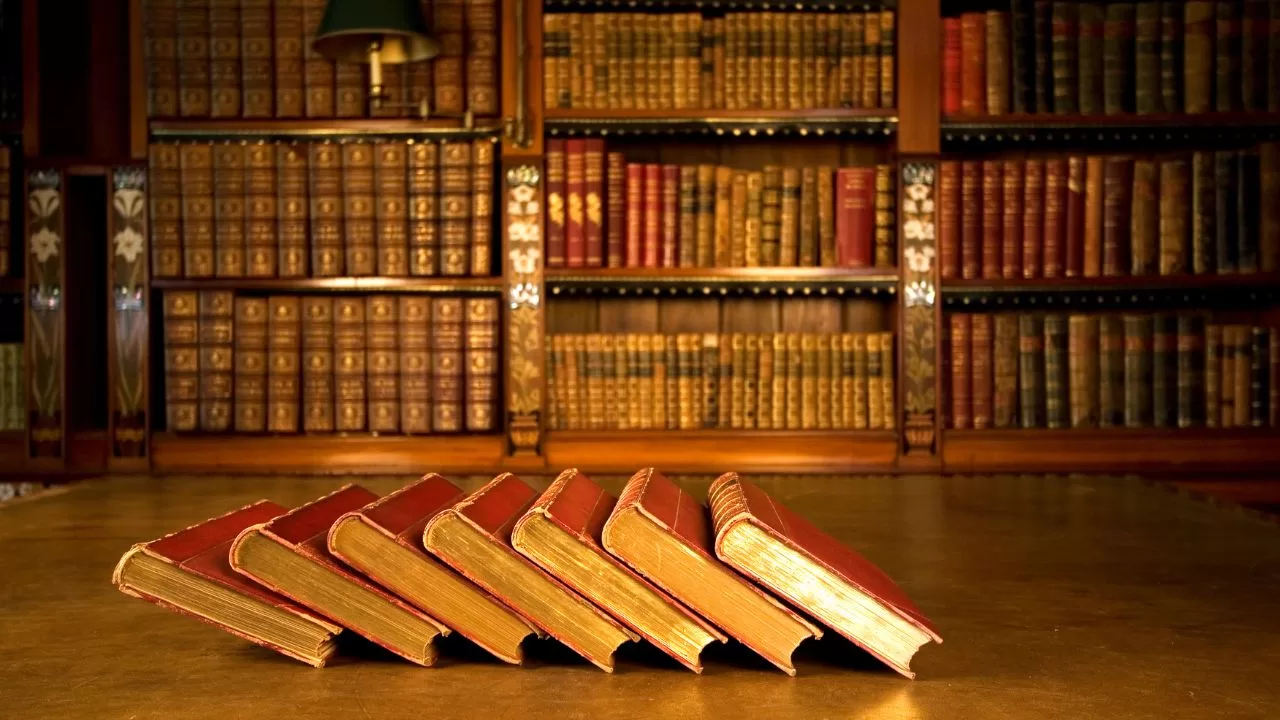Underneath the soft glow of a solitary lamp, the pages of a book rustle, as if whispering age-old secrets. The words are a portal, drawing us into worlds of timeless tales that have left an indelible mark on humanity’s collective consciousness. Classic literature, a treasure trove of human experiences, often invites a multitude of questions. Allow me to guide you as we navigate through ten of these pressing queries, illuminating the intriguing realms of classic literature.
A question often posed by new explorers of this realm is, “What is classic literature?” In the simplest terms, classic literature refers to works of superior quality that have stood the test of time—works that have made a significant impact on our culture, society, and personal lives. These are books that continue to speak to us, their themes resonating across centuries and borders.
This invariably leads to the query, “What makes a book a classic?” It’s a complex combination of factors. Firstly, a classic exhibits exceptional artistry, exhibiting a command over language, depth of characters, and intricacy of plot. Secondly, it explores universal themes that echo through the human experience. Lastly, a classic transcends the era of its creation, its relevance persisting even as societies evolve.
People often wonder, “Who are some notable authors of classic literature?” A multitude of brilliant minds grace the canon of classic literature. Shakespeare, often referred to as the Bard, is a luminary, his plays and sonnets captivating readers for centuries. Jane Austen’s keen social commentary and memorable characters render her works perennial favorites. Others like Charles Dickens, Victor Hugo, and Leo Tolstoy have left indelible imprints with their extraordinary storytelling and exploration of societal issues.
A common question is, “What are some must-read works of classic literature?” While the list is vast and varied depending on personal preferences, a few works consistently appear in the annals of classic literature. These include Shakespeare’s ‘Hamlet’, Austen’s ‘Pride and Prejudice’, Dickens’s ‘Great Expectations’, Hugo’s ‘Les Misérables’, and Tolstoy’s ‘War and Peace’. Each offers a unique perspective into the human condition and society.
Invariably, a curious reader might ask, “What themes does classic literature explore?” Classic literature delves into timeless and universal themes. Love and hate, life and death, ambition and disillusionment, justice and inequality—these are but a few. The exploration of such themes in different historical and cultural contexts is part of what makes classic literature eternally relevant.
One might then ponder, “Why is classic literature important?” Classic literature serves as a mirror, reflecting the societies and eras they were penned in, offering valuable historical insights. Moreover, it cultivates critical thinking, empathy, and emotional intelligence, enriching our understanding of the complex tapestry of human existence.
“How has classic literature influenced modern works?” is another intriguing question. Classic literature has profoundly shaped modern literature, from story structures and themes to character archetypes. Many contemporary works are reimaginations of classic tales, while others draw inspiration from the themes and styles of classical authors.
A question often posed is, “How can I understand and appreciate classic literature?” Reading classic literature can be challenging due to archaic language and complex themes. Familiarizing oneself with the historical context of the work, reading slowly and attentively, discussing with others, and even seeking scholarly analysis can enhance understanding and appreciation.
Another thoughtful question is, “Can classic literature be entertaining?” Absolutely! While classic literature often deals with profound themes, it is also filled with gripping plots, memorable characters, and moments of humor, horror, and suspense. It offers a rich, immersive experience that can be as entertaining as it is enlightening.
Lastly, one might inquire, “Are there classic works from non-western cultures?” Indeed, there are! Classic literature is not limited to the Western world. Works like ‘The Tale of Genji’ from Japan, ‘One Thousand and One Nights’ from the Middle East, ‘Journey to the West’ from China, and ‘Mahabharata’ from India are all integral to the global tapestry of classic literature.
As we turn the last page of our exploration, we leave with a greater appreciation for the vast and vibrant realm of classic literature. Through the lens of these ten questions, we’ve journeyed across centuries and cultures, immersing ourselves in the timeless tales and eternal echoes of the human experience. As we continue to explore this enriching realm, we carry with us the knowledge that each classic work, in its unique way, serves as a reflection of humanity—its triumphs, its failures, its complexities, and its enduring spirit.










0 Comments